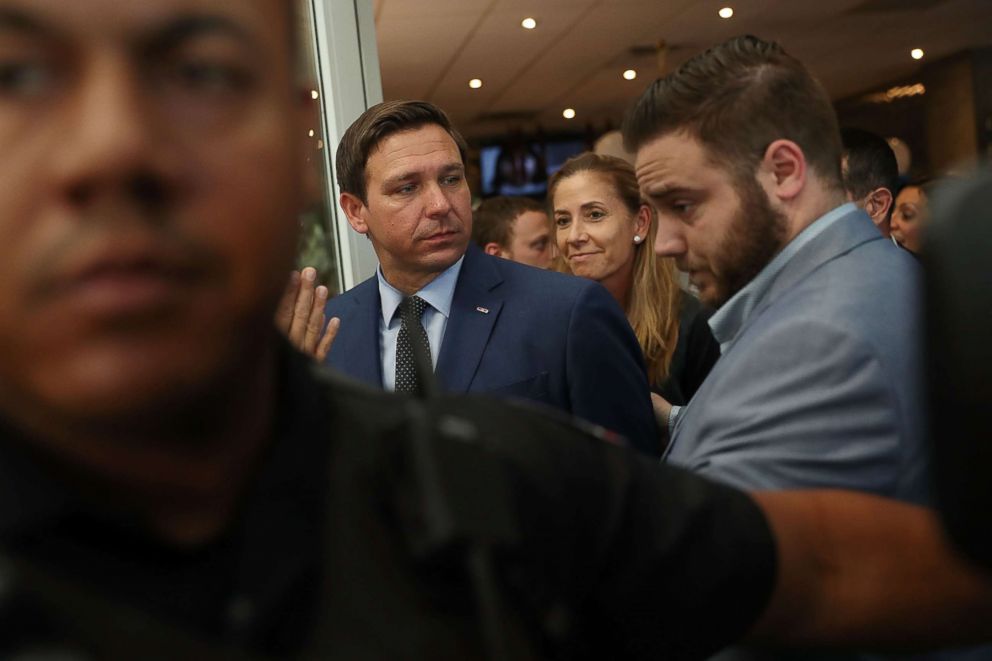Florida Democrat Andrew Gillum targeted by second racist robocall
The call comes after a previous one in August.
Washington -- Andrew Gillum, the Democratic nominee for Florida governor, has now been targeted a second time by racist robocalls to Florida voters.
The robocall on Tuesday came after a white supremacist group reportedly ran robocalls impersonating the African-American mayor of Tallahassee in August.
The voice on the newest robocall voice impersonates Gillum in an exaggerated accent and refers to the Democratic candidate as a "negro" and a "monkey."
"Well, hello there. I is the negro Andrew Gillum and I'll be askin’ you to make me governor of this here state of Florida," the voice says.
If Gillum wins the race against Republican and Trump-supported Rep. Ron DeSantis, he would be the state's first black governor.

DeSantis denounced the latest calls at an Orlando campaign event on Tuesday, saying "It's disgusting," and that the media should “investigate who’s doing that. I want to know who’s doing that. I can tell you, we’re not doing it. And I think the people who are doing it I think are doing it because they’re trying to create division and I want to know who’s doing it.”
Gillum responded Wednesday by accusing DeSantis of "making excuses."
He cited a white nationalist video podcast, Road to Power, based in Idaho, reportedly behind other racist robocalls mocking California Democratic Sen. Dianne Feinstein. At the end of the robocall, a voice says Road to Power paid for it.
"Yesterday, Ron DeSantis and his campaign tried to make excuses for disgusting robocalls from an Idaho white supremacist group," Gillum said in a statement. "Despite Road to Power being clearly identified in the call and widely identified in the press since August, DeSantis said he didn’t know who the callers were, but that he thought “there’s a method behind it” and they were “trying to distract.”




